How to Properly Make Medicinal Wine
At home, many people choose to make their own medicinal wine, which involves adding ingredients such as snakes, hornets, and Chinese herbs. What is the correct way to make medicinal wine? Let Chinese medicine teach you the proper method of making medicinal wine.
How to Make Medicinal Wine The Correct Method of Making Medicinal Wine How to Properly Make Medicinal Wine
Medicinal wine contains both alcohol and medicinal properties, but it is primarily used for medicinal purposes. As the saying goes, "Wine is the master of all medicines." Wine itself also has medicinal effects. Moreover, alcohol can extract both lipid-soluble and water-soluble active ingredients from herbs, significantly enhancing their efficacy. "Wine enhances the power of medicine, and medicine magnifies the power of wine." When wine and medicine are combined, they can enhance each other's effects. If a medicine can achieve a three-fold effect when taken alone, it can achieve a six to eight-fold effect when used in medicinal wine. Additionally, the alcohol content in the wine is increased when mixed with medicine, so if you usually drink half a cup of wine, you should only take a sip of medicinal wine.
The Correct Method of Making Medicinal Wine
Use white liquor and whole herbs or sliced herbs
Different types of alcohol have little impact on the efficacy. Generally, choose the alcohol's alcohol content and aroma based on personal preference. If you have a low alcohol tolerance, choose a low-alcohol liquor of around 38 degrees. If you have a high alcohol tolerance, choose a high-alcohol liquor of around 52 degrees. Mijiu (rice wine) is usually not chosen because it is fermented with rice koji, and its rice koji aroma can mix with the herbal aroma, producing a strange odor that is unpleasant to smell. Usually, aged Baijiu (white liquor) or Huangjiu (yellow wine) is chosen, as they have a mild and aromatic scent when mixed with herbs.
The advantage of Baijiu (white liquor) is that it is not prone to spoilage and can be stored for a long time. However, in the southern regions, fruit wine is occasionally used to make medicinal wine. Fruit wine has a lower alcohol content and less stimulation on the body. When using fruit wine, the decoction method is generally used - after boiling the herbs, remove the herbal residue, take an appropriate amount of the herbal liquid, and mix it with fruit wine to drink.
The herbs can be used in whole form or cut into 3-5 millimeter slices, but they are rarely ground into granules. Granules can easily make the liquid cloudy and reduce its transparency. Moreover, granules dissolve quickly and have a high concentration. Large granules are only used when rapid dissolution is needed.
Choose a glass bottle with a ground mouth for storing the medicinal wine, as it is easy to seal and prevents oxidation of the herbs. Dark-colored bottles are preferred, and if transparent bottles are used, care should be taken to avoid direct sunlight. The ratio of herbs to alcohol also matters. Generally, the soaked herbs should occupy about 1/3 of the total volume of the medicinal wine.
Precautions for Making Medicinal Wine
1. It is generally recommended to use drinking alcohol with a degree of 50 or higher, as alcohol with a degree of 50 or higher can, to a large extent, kill bacteria, harmful microorganisms, parasites, and their eggs attached to the herbs during the soaking process, making it safe to consume.
2. Plastic or metal containers should not be used for making medicinal wine, as harmful substances in plastic or metal products can dissolve into the wine and be harmful to the body. Ceramic or glass bottles are preferred. Additionally, medicinal wine should be kept away from direct sunlight or heat.
3. When consuming medicinal wine, it is not advisable to add sugar or rock sugar, as it may affect the efficacy of the medicine. It is best to add a small amount of honey, as honey is mild in nature and can reduce the irritation of the medicinal wine to the stomach. It also helps to maintain and enhance the efficacy of the medicine.
4. Selection and handling of herbs for soaking in wine. For animal-based herbs, the internal organs and impurities should be removed, and they should be washed with clean water (snake should have the head removed). Then, they should be roasted in a stove or oven to emit a slight fragrance. Roasting can not only remove moisture but also sterilize, and maintain the alcohol concentration of the soaked wine. It can also facilitate the dissolution of active ingredients into the wine, giving a rich and mellow taste. Any animal-based herbs that have decayed or become moldy should be discarded. For plant-based herbs, impurities and mud should be removed as much as possible. The herbs used for soaking should be relatively dry to ensure the efficacy of the medicinal wine. Additionally, all mineral-based herbs containing toxic substances, such as mercury, arsenic, chromium, lead, etc., should not be used for soaking in wine.
5. Temperature directly affects the soaking of the medicinal wine. Higher temperatures require shorter soaking times, while lower temperatures require longer soaking times.
Note: Medicinal wine should not be consumed casually
The dosage of medicinal wine is small, and it can be taken in doses of 30-50 milliliters based on the patient's tolerance to alcohol. For those who are not good at drinking alcohol, the medicinal wine can be mixed with wine, rice wine, or cold water at a ratio of 1:1 to 1:10 and consumed in appropriate amounts. Although medicinal wine contains alcohol, the concentration is not high, and the dosage is small, so it generally does not have side effects. In fact, consuming small amounts of medicinal wine can increase salivary and gastric secretions, which is beneficial for digestion and absorption in the gastrointestinal tract. It is best for people with liver and kidney diseases, hypertension, allergies, and skin diseases to avoid drinking medicinal wine. Even if it is necessary to drink, the wine consumed should be diluted with water at a ratio of ten times the amount, boiled in a pot to remove most of the alcohol vapor, and then consumed.
Medicinal wine facilitates the absorption of medicine in the body. Many patients, especially those who are not good at drinking alcohol, are concerned about getting drunk and often consume it at night. However, from the perspective of improving the efficacy of the medicine, taking it during the day is more effective than taking it at night.
The excretion of drugs follows a certain diurnal rhythm. Usually, when drinking medicinal wine, the clearance and metabolism in the body are slowest from morning to noon. In addition, the activity of hepatic enzymes (a biocatalyst that promotes drug transformation) is also high during this time. At this time, the concentration of alcohol and medicine in the blood is high, which is conducive to exerting therapeutic effects.




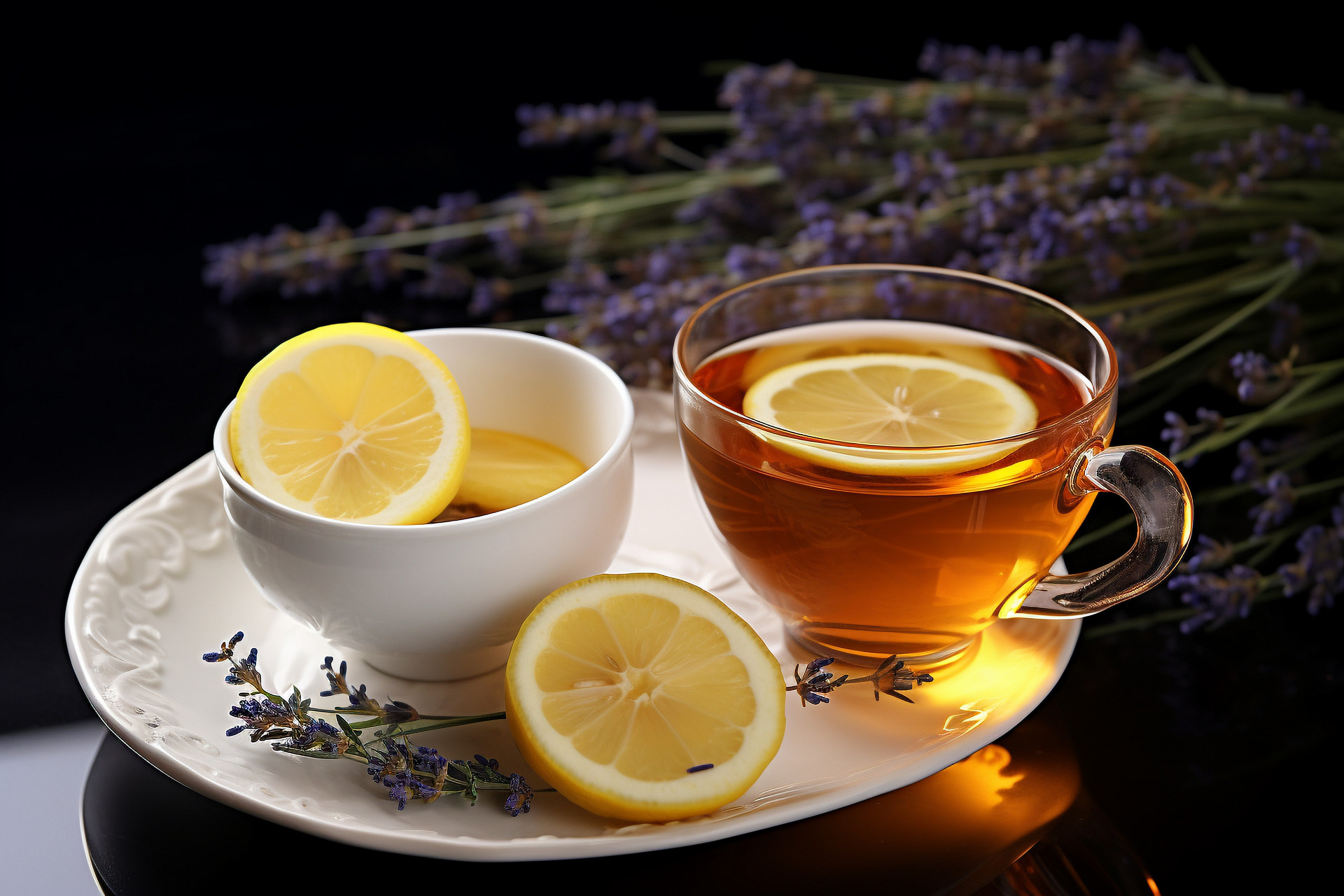
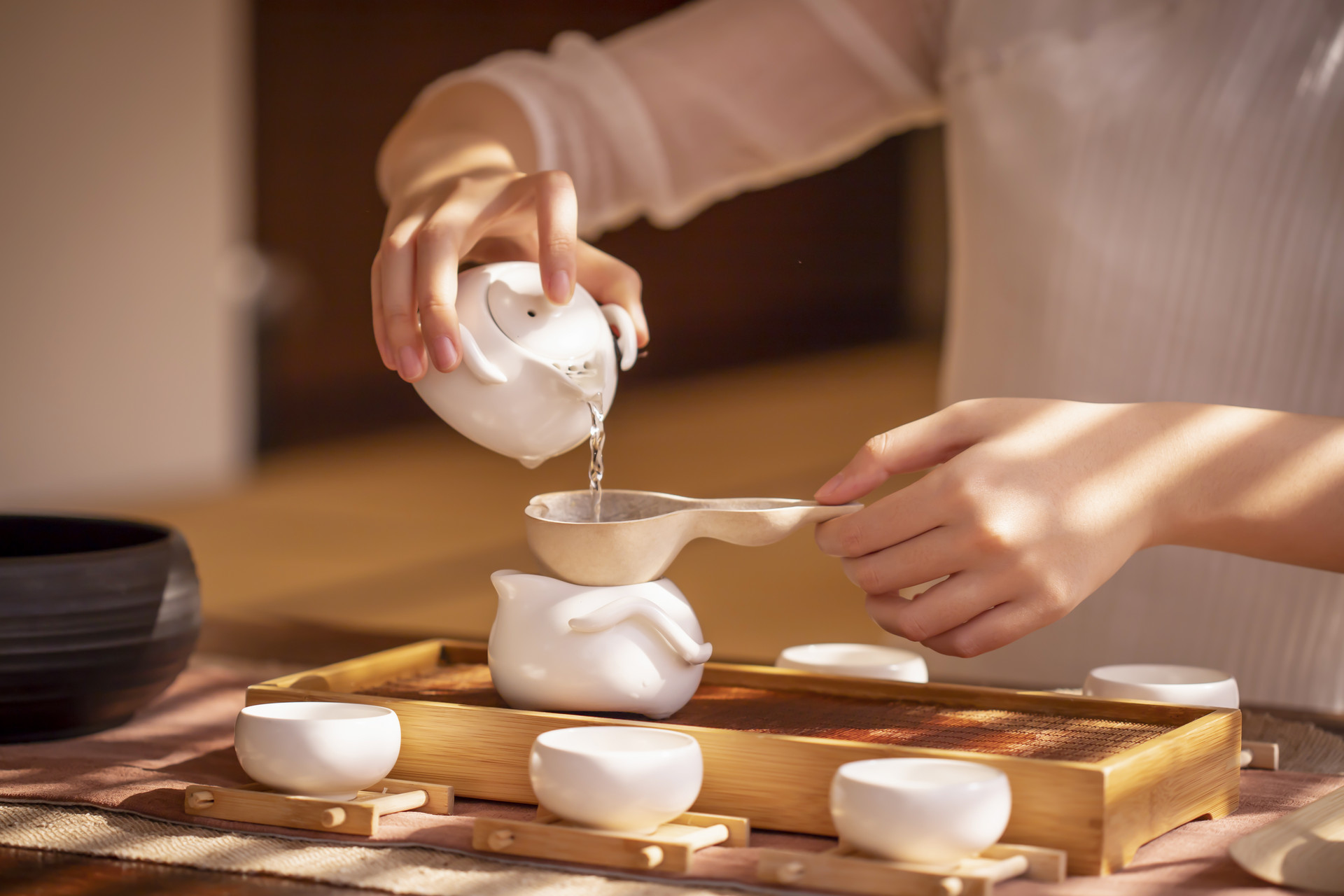
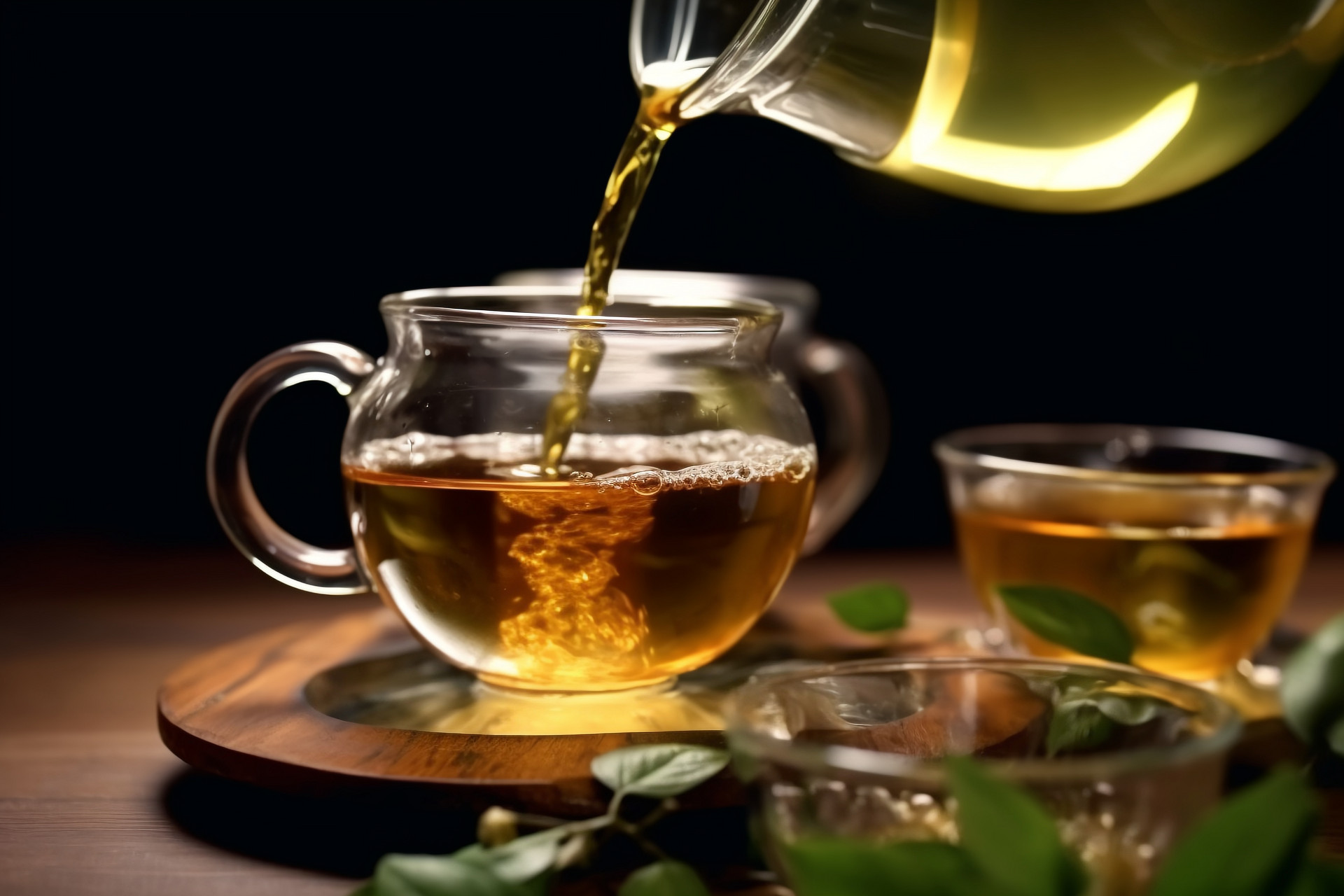

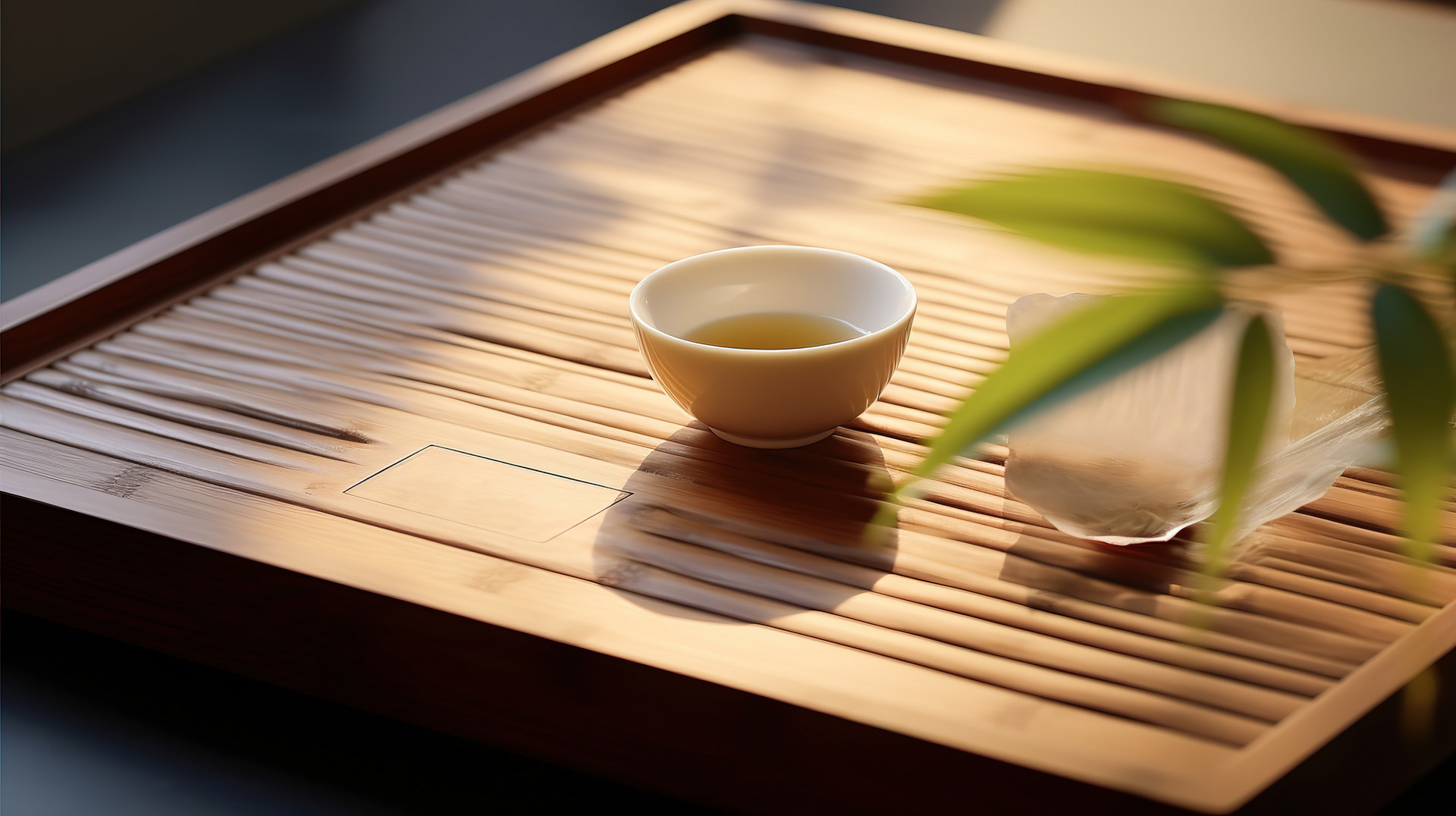
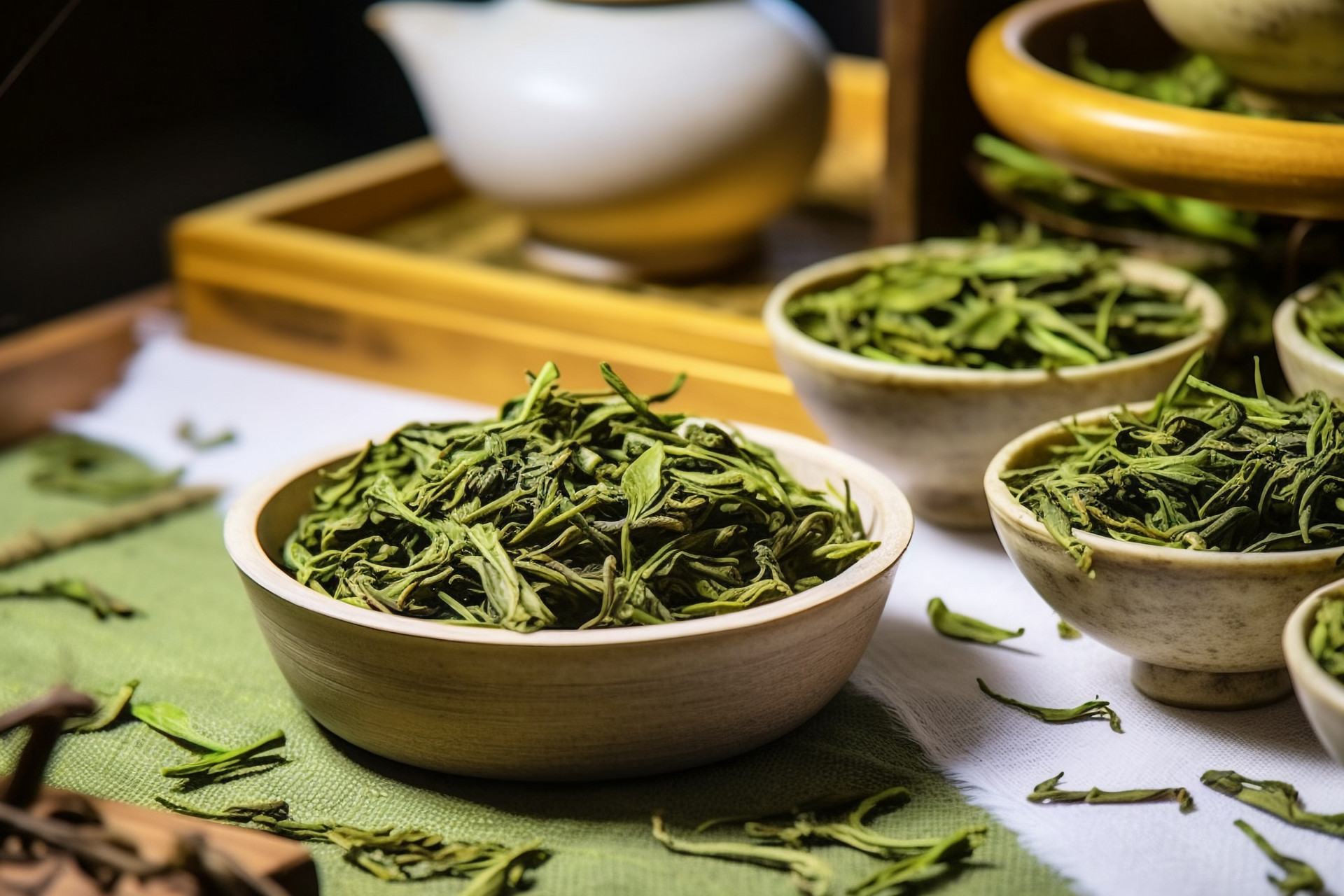
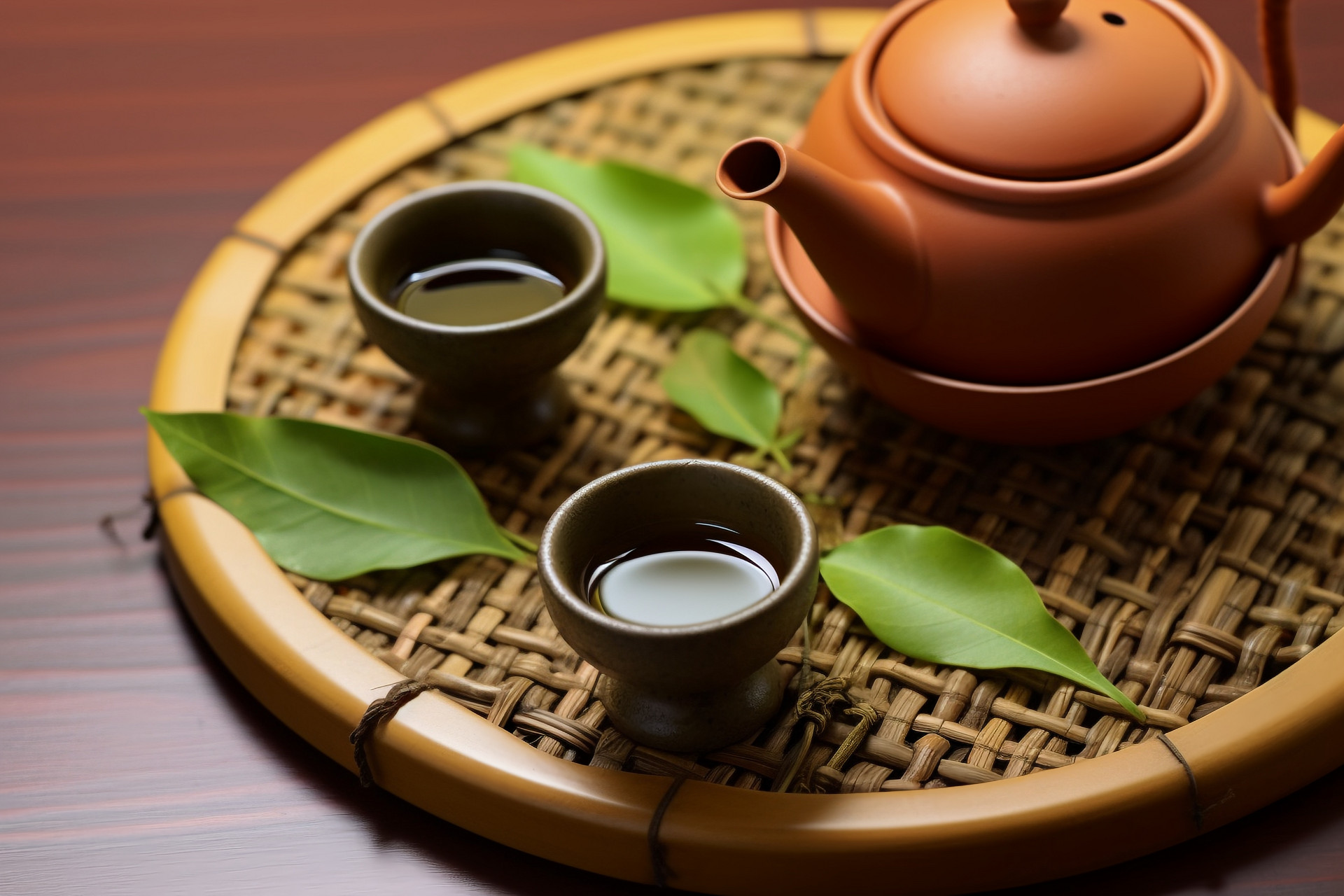
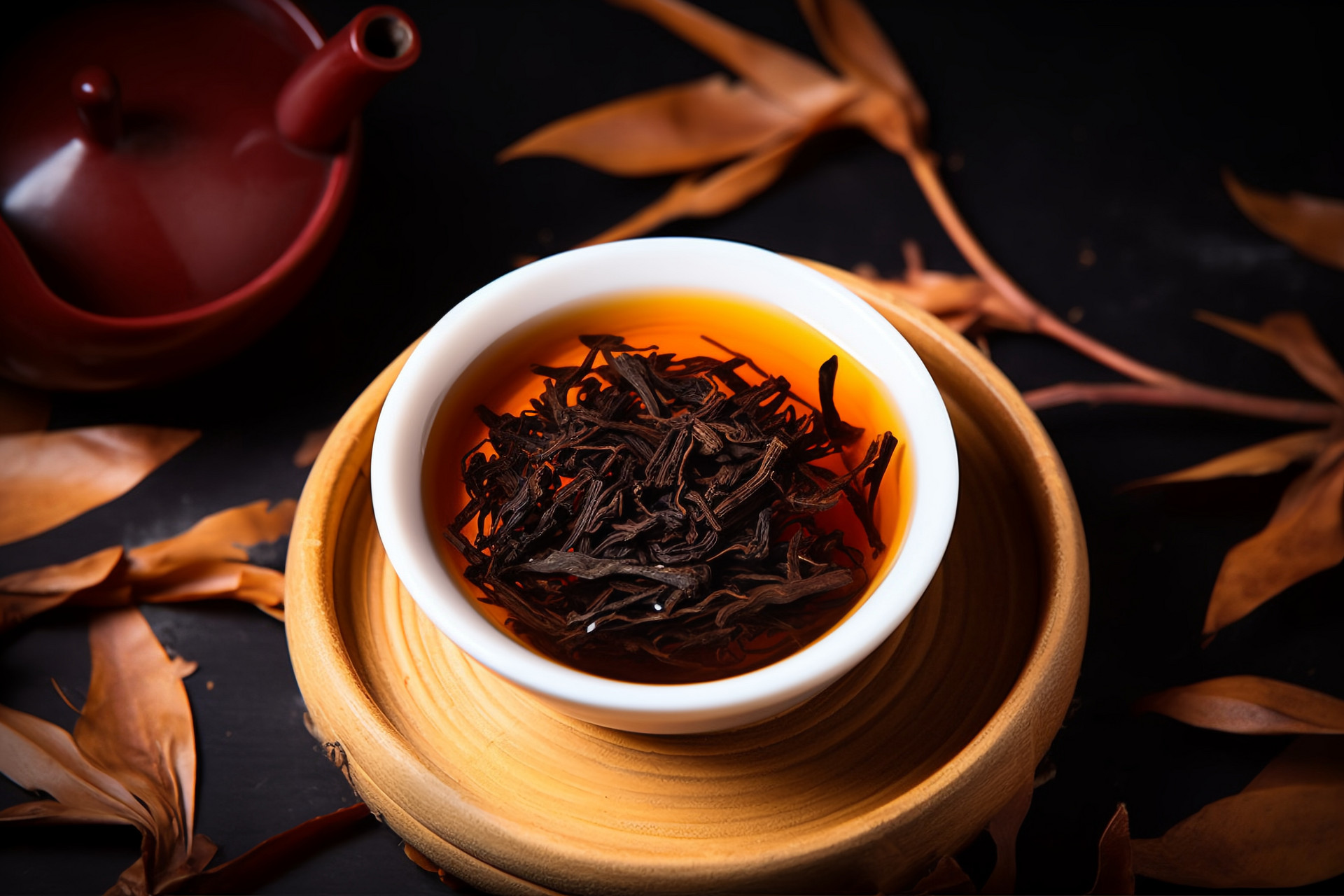
![[Herbal Wine Recipes for Health and Beauty]](https://tcmmaintenance.com/uploads/20240715/7241f6b6eafdaed88c28b26a37213964.jpg)